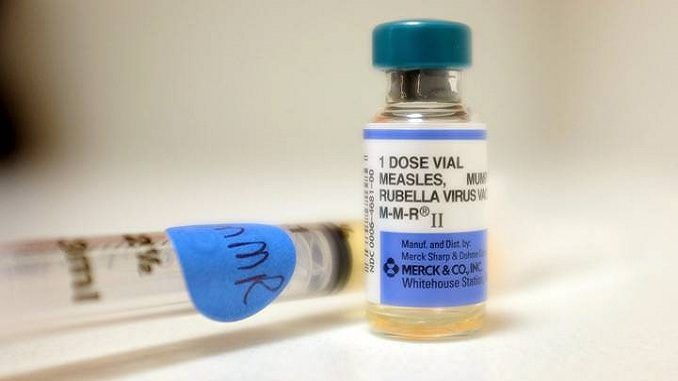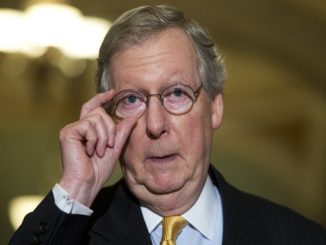
The United States plans a massive testing effort involving more than 100,000 volunteers and a half dozen or so of the most promising vaccine candidates in an effort to deliver a safe and effective one by the end of 2020, scientists leading the program told Reuters.
The project will compress what is typically 10 years of vaccine development and testing into a matter of months, testimony to the urgency to halt a pandemic that has infected more than 5 million people, killed over 335,000 and battered economies worldwide.
To get there, leading vaccine makers have agreed to share data and lend the use of their clinical trial networks to competitors should their own candidate fail, the scientists said.
Candidates that demonstrate safety in small early studies will be tested in huge trials of 20,000 to 30,000 subjects for each vaccine, slated to start in July.
Between 100,000 and 150,000 people may be enrolled in the studies, said Dr. Larry Corey, a vaccine expert at Fred Hutchinson Cancer Center in Seattle, who is helping design the trials. “If you don’t see a safety problem, you just keep going,” Dr. Francis Collins, director of the National Institutes of Health (NIH), told Reuters. The vaccine effort is part of a public-private partnership called Accelerating COVID-19 Therapeutic Interventions and Vaccines (ACTIV) announced last month.
The effort fits into the research and development arm of “Operation Warp Speed,” the White House program announced last week to accelerate coronavirus vaccine development. Vaccines, which are intended for use in healthy people, are typically tested in successive steps, starting with trials in animals, Reuters writes.
Human testing begins with a small safety trial in healthy volunteers, followed by a larger study to find the right dose and get an early read on efficacy. The final stage consists of large-scale testing in thousands of people. Only then would a vaccine developer commit to manufacturing millions of doses. In the era of coronavirus, many of those steps will overlap, particularly the mid-stage and late-stage trials, Collins and Corey said.
The approach has its risks, as certain safety issues may only appear in large-scale trials. Americans are concerned about the speed of the vaccine effort, a Reuters/Ipsos poll showed. A highly effective vaccine could be tested in as little as six months if there is a big difference in benefit between the vaccine and placebo groups, Corey said. For a modestly effective vaccine, trials could take nine to 12 months.




Be the first to comment